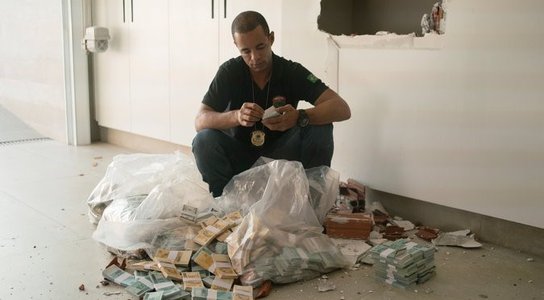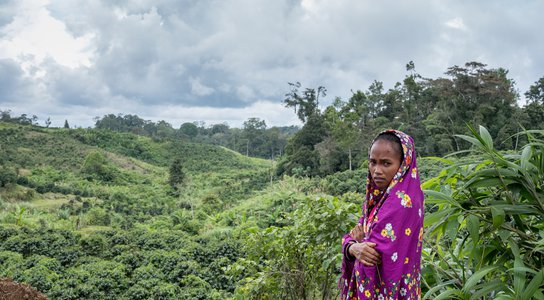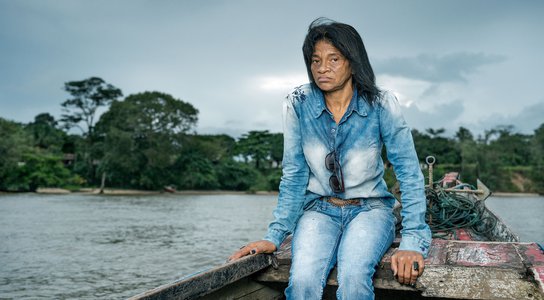Over a hundred people are dead, and hundreds still missing after a tailings dam in Brumadinho, Brazil burst. This is a terrible tragedy for the families of those affected. We don’t yet know exactly who or what is responsible for the disaster.
But even as the focus is on mourning the dead and searching
for the missing, Brazil’s President Bolsonaro is threatening concerning changes
to the environmental landscape of the country – that could make loss of life
and environmental destruction much more commonplace.
This is also not the first time we’ve seen environmental disasters and deaths at large industrial sites in Brazil.
In 2015, the Samarco mining dam collapse killed 19 people, polluting a river and devastating livelihoods. In 2017, we saw more deaths of Land and Environmental Defenders than ever before in Brazil, in part a result of a growing agribusiness sector in the country. The Amazon, a forest we must keep standing if we are to stem the breakdown of our climate, continues to be corroded at a worrying pace, a destruction financed by businesses and investors across the planet.
That’s why it’s deeply concerning that Bolsonaro is threatening to both reduce the powers of Brazil’s environmental protection agency, and to weaken safeguards aimed at protection of indigenous communities. It’s worrying that he’s considered withdrawing Brazil from the Paris Agreement, and it’s serious that he’s toyed with the idea of building a highway through the Amazon.
The Brumadinho disaster must surely make Bolsonaro pause for thought as he is remains poised to open up vast swathes of Brazilian land - including the Amazon - to business and mining interests.
Ultimately, it is governments like his that should take the crucial responsibility of protecting their citizens and the environment. The population of Brazil and our global environment cannot be expected to rely on companies to save the world.
But, if Bolsonaro goes ahead and weakens these protections, then it will be up to companies - and the investors that finance them - to make sure they are not investing in or buying from projects which cause environmental harm or human rights violations.
And as these scenes unfold on our televisions, the world watches in horror. The protection of Brazil’s environment hangs on a precipice, and action must be taken now to protect it.


